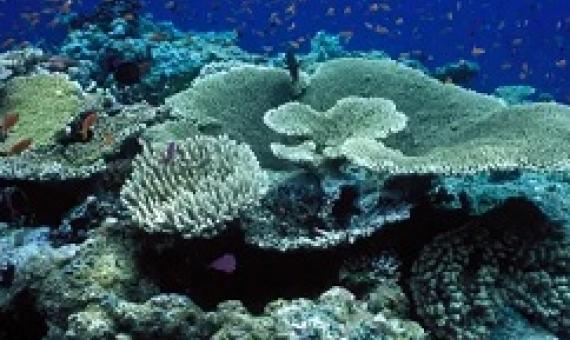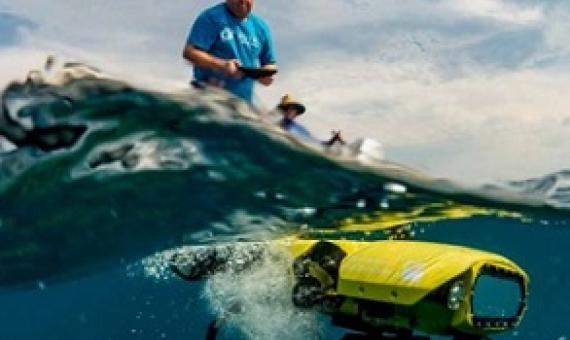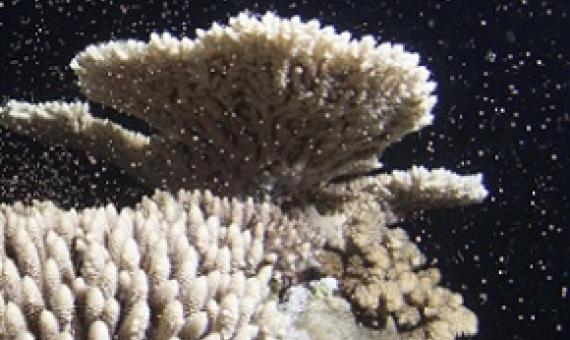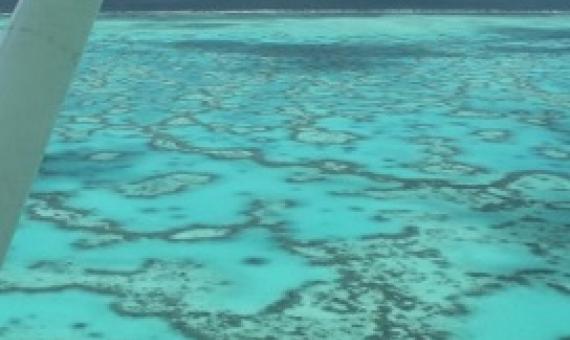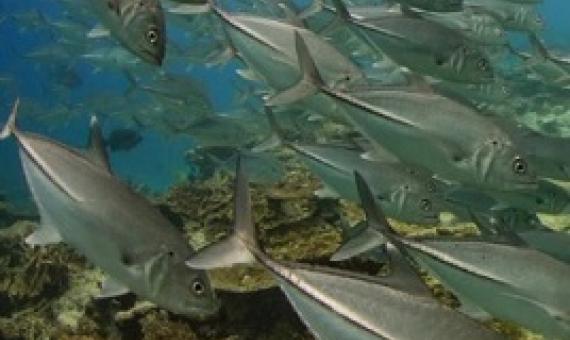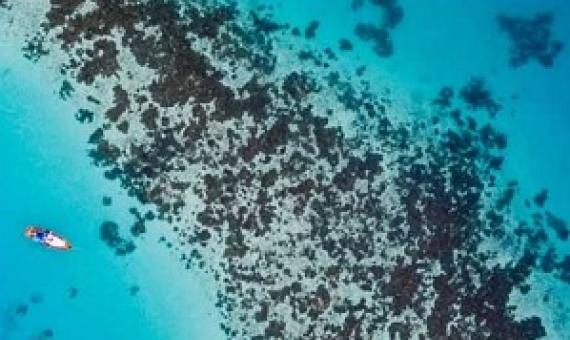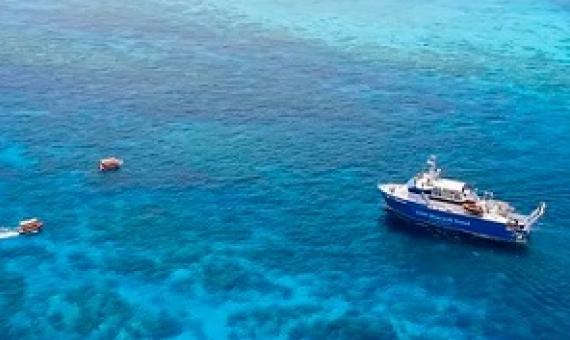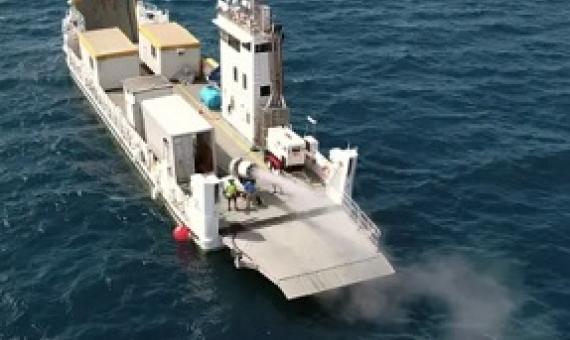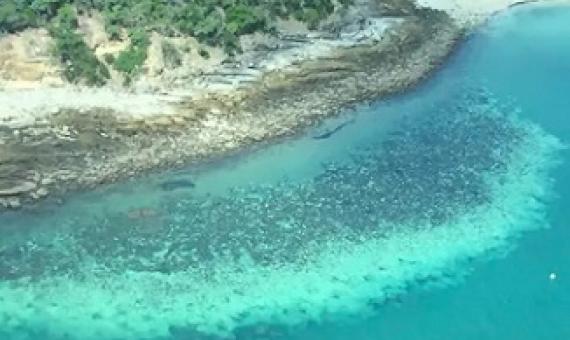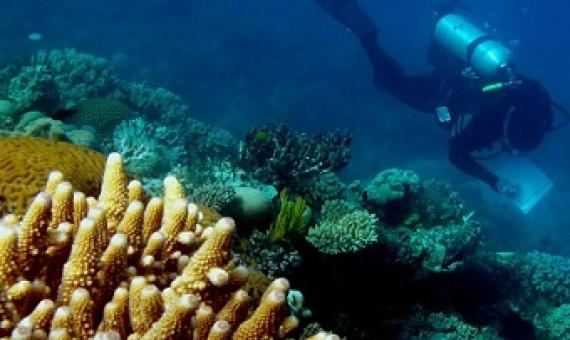Environmental law groups in the US and Australia are pushing Unesco to place the world heritage status of the Great Barrier Reef on an “in danger” list, arguing the Morrison government has violated legal obligations by not doing all it could to protect the world’s biggest coral reef sys
Upon first glance, the crown-of-thorns starfish looks a lot like an enemy creature you'd find in a nature-based video game. Long spikes cover its body, which can reach 2 1/2 feet in diameter. It's somewhat reminiscent of a land mine, if a land mine had 14 to 21 movable arms.
Once a year, Australia’s Great Barrier Reef goes off, literally, in a spectacular spawning event that proves this UNESCO World Heritage wonder is alive and kicking against the specter of climate change. There’s only one word to describe the Great Barrier Reef annual spawning episod
Australian scientists have bred a heat-resistant coral which could help preserve the country's iconic reefs for generations to come by restoring areas devastated by mass bleaching. Coral reefs are in decline worldwide due to increasingly frequent and severe bleaching events.
The story of coral reef bleaching ramifications continues to unfold with an international study revealing the long-term impacts on fish populations and associated ecosystems.
The world is figuring out how to move forward in the face of the COVID-19 pandemic by finding newer ways to support economic development, animal and human well being, and ecosystem integrity.
Scientists recently confirmed the Great Barrier Reef suffered another serious bleaching event last summer - the third in five years. Dramatic intervention to save the natural wonder is clearly needed. First and foremost, this requires global greenhouse gas emissions to be slashed.
Scientists have carried out a trial of prototype cloud brightening equipment on the Great Barrier Reef they hope could be scaled up to shade and cool corals and protect them from bleaching caused by rising global temperatures.
The Australian summer just gone will be remembered as the moment when human-caused climate change struck hard. First came drought, then deadly bushfires, and now a bout of coral bleaching on the Great Barrier Reef – the third in just five years.
As global heating makes coral bleaching a regular event, scientists are urgently seeking ways to help the world’s biggest reef survive...When coral scientist Dr Zoe Richards left the Great Barrier Reef’s Lizard Island in late January, she was feeling optimistic. Richards is a taxonomist.

